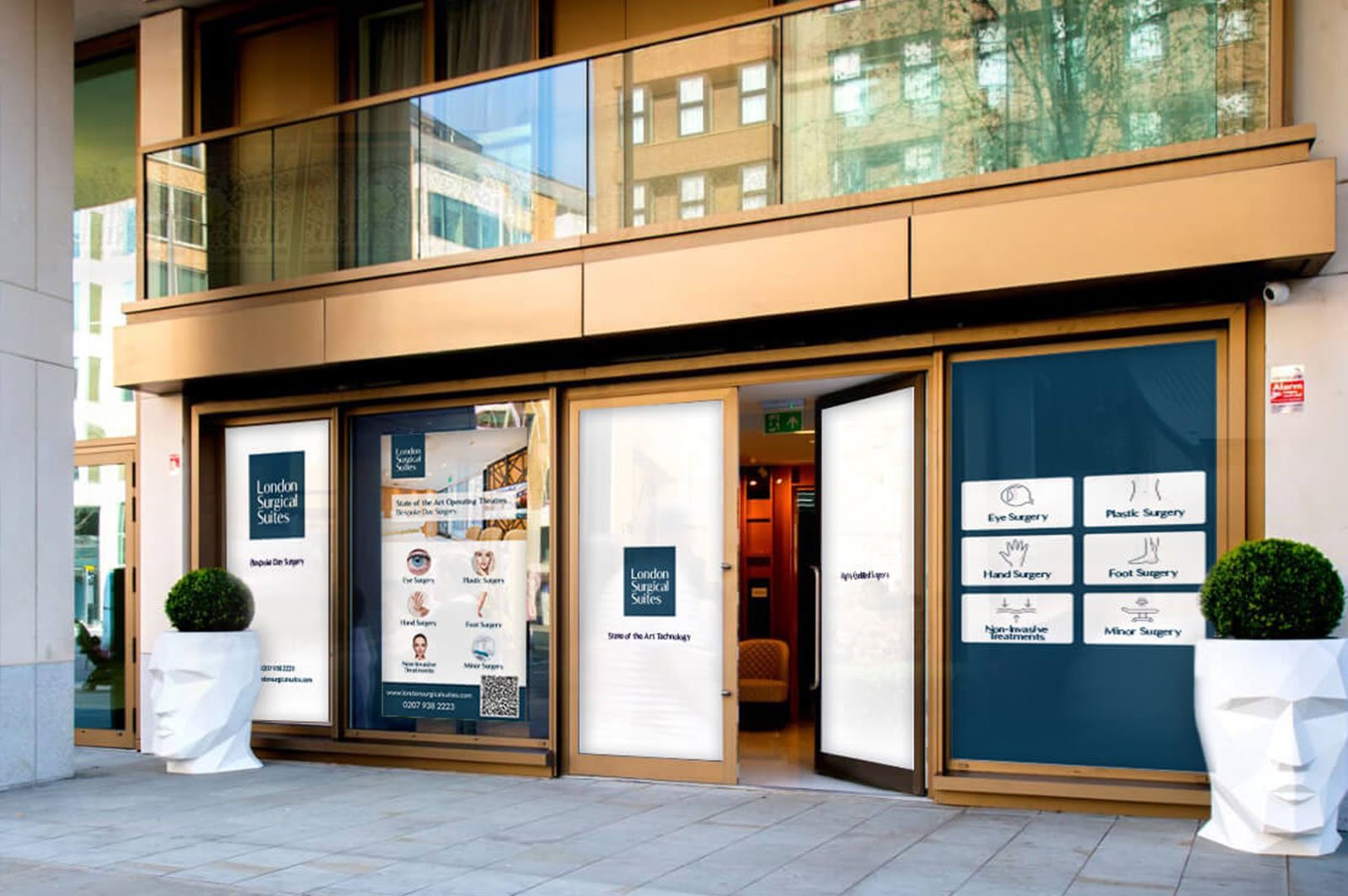Cataract Surgery
Award-Winning Surgeon with Multi-Followship Training
Advanced Surgical Machinery & Diagnostic Devices
Affordable & Flexible Finance Options
Central London Locations
Cataract Surgery
Performed by an Award-Winning Surgeon with Multi-Followship Training
Advanced Surgical Machinery & Diagnostic Devices
Affordable & Flexible Finance Options
Central London Locations


About Us
At the Harley Vision, we combine world-leading clinical expertise with most cutting-edge technology in eye care.
Artificial intelligence (AI) is utilised where possible to optimise treatment outcomes.

Highly Specialized
Care

State of Art
Diagnostic Devices

Highly Advanced
New Technologies

Highest Board of Certification
for Ophthalmology Consultants

Clinic Led By a Consultant
Eye Surgeon
What is Cataract Surgery?
Cataracts are the clouding of the lens of your eye, which is normally clear. Most cataracts develop slowly over time, causing symptoms such as blurry vision. Cataract surgery is a quick, painless eye surgery to remove a cloudy lens that is causing vision problems and replace it with an artificial lens.
Cataract surgery is performed by an ophthalmologist on an outpatient basis, which means you don’t have to stay in the hospital after the surgery. Cataract surgery is very common and is generally a safe procedure.
Early Signs and Symptoms
In some cases, patients start to notice symptoms such as clouded, blurred or dim vision, vision difficulty at night, sensitivity to light and glare, difficultly under low light conditions, Halos around lights, frequent changes of spectacles (glasses) or contact lens prescription, yellowing of colors, dimming of colours, double vision, etc.
The symptoms of cataracts do not start overnight. Cataracts tend to result in gradual blurring of vision, and this tends to worsen over months and years.
If you are suffering with symptoms of cataracts, you can book a consultation with an ophthalmologist in London who will go through the treatment options with you

Different types of cataract surgery?
Phacoemulsification cataract surgery
Phacoemulsification is the most common procedure for cataracts. The surgeon makes a small opening in the eye to reach the clouded lens then surgeon will breaks the lens into pieces. Then the doctor suctions lens fragments from your eye and replece with new lens.
Extracapsular cataract surgery
In extracapsular cataract surgery, the surgeon makes a larger opening in the eye. Instead of breaking up the lens and then removing it, your doctor removes the lens in one piece. Then the surgeon inserts the new lens.
The advantages of cataract surgery?
Cataract surgery is the only way to get rid of a cataract and sharpen your eyesight again. No other medicines or eyedrops are proven to improve cataracts.
Cataract surgery has a high success rate in improving people’s eyesight.
After surgery, you can expect to
See things clearer.
Have less glare when you look at bright lights.
Tell the difference between colors.
Different types of cataract surgery?
Phacoemulsification cataract surgery
Phacoemulsification is the most common procedure for cataracts. The surgeon makes a small opening in the eye to reach the clouded lens then surgeon will breaks the lens into pieces. Then the doctor suctions lens fragments from your eye and replece with new lens.
Extracapsular cataract surgery
In extracapsular cataract surgery, the surgeon makes a larger opening in the eye. Instead of breaking up the lens and then removing it, your doctor removes the lens in one piece. Then the surgeon inserts the new lens.
The advantages of cataract surgery?
Cataract surgery is the only way to get rid of a cataract and sharpen your eyesight again. No other medicines or eyedrops are proven to improve cataracts.
Cataract surgery has a high success rate in improving people’s eyesight.
After surgery, you can expect to
See things clearer.
Have less glare when you look at bright lights.
Tell the difference between colors.
Cataract Surgery
At A Glance

Back to work
1 week

Surgery Time
1 Hour

Hospital Stay
Day Case

Up & Mobile
1 Day

Up & Mobile
1 Day

Driving 4-5
Days

Washing
After 1 Day

Exercise
1 Week

Anaesthetic
Local Anaesthetia

Full Recovery
1-2 Weeks

Back to work
1 Week

Surgery Time
1 Hour

Hospital Stay
Day Case

Up & Mobile
1 Day

Travelling
5-6 Days

Driving
4-5 Days

Washing
After 1 Day

Exercise
1 Week

Anaesthetic
Local Anesthesia

Full Recovery
1-2 Weeks
Frequently Asked Questions
Previous laser eye surgery does not affect your ability to have cataract surgery. The main challenge in such cases is choosing the correct lens to be implanted inside the eye. Previous laser eye surgery affects accuracy of eye measurements, which in turn affects choice of lens to be implanted inside the eye.
Mukhtar Bizrah trained in one of the highest volume cataract surgery clinics in North America for patients with previous laser eye surgery (e.g. LASIK or PRK). Using his vast experience in this field, he is able to optimise visual outcomes and minimise risks of unexpected surgical results.
Yes, at the Harley Vision, cataract surgery can be performed on both eyes on the same day.
Cataract surgery is not painful because of the anesthesia administered before the surgery. The surgery can be done under local anesthetic (most common), sedation, or rarely general anesthesia. After the cataract surgery, it is common to feel occasional mild discomfort or foreign body sensation. This resolves with time. At the Harley Vision in London, the keyhole incisions (usually 2.2mm for the most extensive incision) and advanced technology mean that most patients do not feel any pain and recover remarkably fast. You can expect to get discharged on the same day. At Harley Vision, we make the whole cataract surgery process painless and hassle-free for you.
It is advisable not to drive on the day of your cataract surgery. It’s better to ask someone to pick you up after cataract surgery and drive you home safely. The vision usually improves within 24 hours of cataract surgery. While legally, nothing is stopping you from moving as soon as your vision is within legal limits for driving, it is advisable to give yourself time to adjust to your change in vision.
Nothing is stopping from walking immediately after the surgery. It is advised to refrain from any heavy exercise for at least a week after the cataract surgery. If you have had a premium toric intraocular lens implanted, it is advisable to avoid heavy exercise for 3-4 weeks to avoid rotation of the lens. A toric intraocular lens is aligned at a particular axis (0-360 degrees) to correct astigmatism and can result in marvelous vision after cataract surgery. However, even mild rotation of an intraocular lens can lead to a suboptimal visual correction.
Irrespective of the clinic you choose in London, The cataract surgery does not take more than 20- 45 minutes. However, the pre-procedure takes 3-4 hours, including getting the preoperative care, administering drops, etc. Even after the cataract surgery gets over, you can go home only after your ocular parameters like vision and intraocular pressure have been recorded and monitored by the surgeon.
If a cataract is left untreated, your symptoms will worsen, leading to the point of complete blindness. Often a swollen cataractous lens may block your aqueous pathway leading to a surge in the intraocular pressure which will need emergency treatment to subside. Avoiding cataract surgery for too long will make cataracts hyper mature, leading to complications in the surgery and a substandard outcome after it. It is best to get your cataracts operated on at the right time to prevent such complications.
Your vision will be blurry right after the surgery, and it’s normal to experience such post-operation complications. Within 24 hours, you will start noticing improvements in your vision. At first, the change might seem a bit raw to you. Normal light will feel like too much, and colors will look too bright. But it is because of living with a cataractous lens for a long time. You will get used to the new clear lens in a few weeks. You can resume your normal routine like driving and exercising within two weeks of surgery, provided your parameters are normal.
About the surgeon
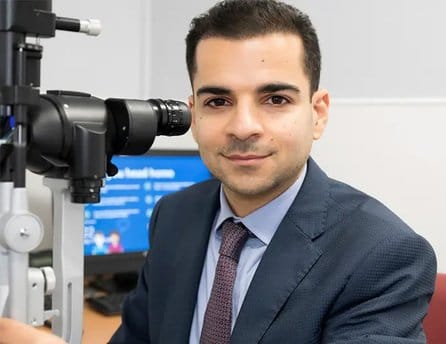
Mukhtar Bizrah is a consultant ophthalmic surgeon and specializes in cornea and cataract surgery. Dr Bizrah is one of the few ophthalmic surgeons in the world who is board certified in the UK, Canada, and Europe. As well as being the Co-founder and Director of the London Eye Course, he is also the Founder of the London Laser and Refractive Surgery Course. Dr Bizrah has more than 12 years of extensive experience in cornea and cataract surgery and has won numerous awards and prizes both nationally and internationally.
Highly respected among his peers, Dr Bizrah has led 30 research presentations around the world and has written 15 peer-reviewed research articles on his expertise in the field. As an expert in advanced corneal diseases and cataracts, Dr Bizrah’s training excelled from University College London, St. George’s University of London, and London Deanery. With two years at the Western Eye Hospital and Moorfields, Dr Bizrah has Fellowships from the London Western Eye Hospital and the University of British Columbia.
A dedicated humanitarian, Dr Bizrah is currently establishing links with Tanzania to support ophthalmology training to facilitate better eye care for those in need.
About The Surgeon
Mukhtar Bizrah is a consultant ophthalmic surgeon and specializes in Corneal and cataract surgery. Dr Bizrah is one of the few ophthalmic surgeons in the world who is board certified in the UK, Canada, and Europe. As well as being the Co-founder and Director of the London Eye Course, he is also the founder of the London Laser and Refractive Surgery Course. Dr Bizrah has more than 12 years of extensive experience in Corneal and cataract surgery and has won numerous awards and prizes both nationally and internationally.
Highly respected among his peers, Dr Bizrah has led 30 research presentations around the world and has written 15 peer-reviewed research articles on his expertise in the field. As an expert in advanced Corneal diseases and cataracts, Dr Bizrah’s training excelled from University College London, St. George’s University of London, and London Deanery. With two years at the Western Eye Hospital and Moorfields, Dr Bizrah has Fellowships from the London Western Eye Hospital and the University of British Columbia.
A dedicated humanitarian, Dr Bizrah is currently establishing links with Tanzania to support ophthalmology training to facilitate better eye care for those in need.

Patient Testimonials

















Accreditations





Our Procedures

Dry Eye Treatment

Cataract Surgery

Corneal Transplant

Refractive Lens Exchange

ICL Surgery

Pterygium Surgery

Corneal Cross Linking
Our Procedures
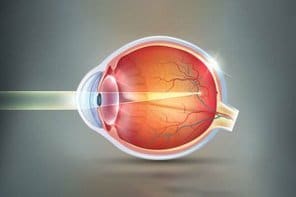
Myopia Treatments

Dry Eye Treatment
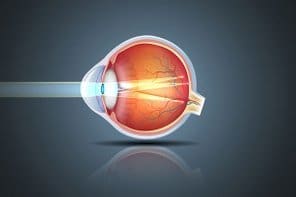
Astigmatism Treatments

Cataract Surgery
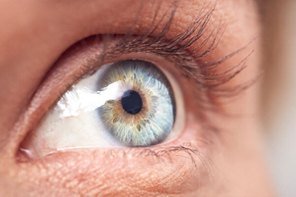
Cornea Transplant

Refractive Lens Exchange

ICL Surgery

Pterygium Surgery

Laser Eye Surgery
Make An Enquiry
Where we work
